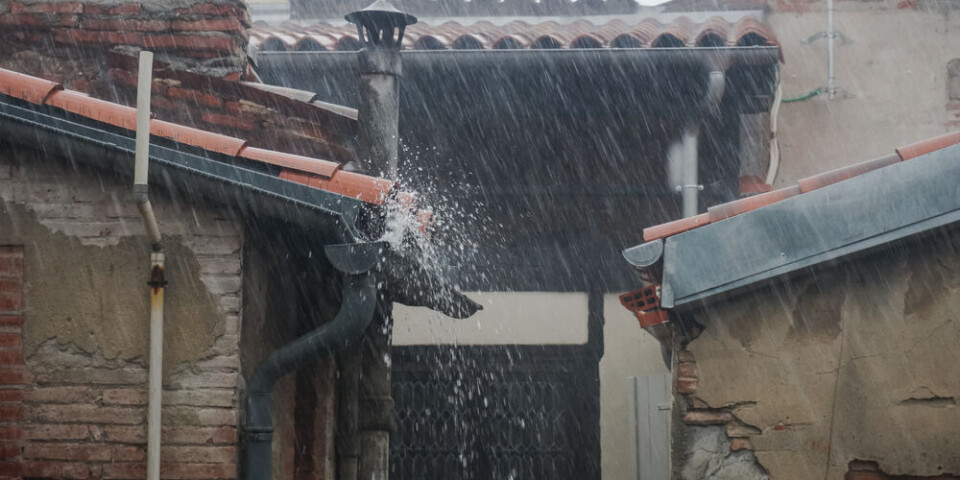Learning French: what does casse-croûte mean and when should it be used?
A colloquial term for when your tummy is rumbling
It often refers to a basic meal or quick snack
AYO Production / Shutterstock
Are you hungry for a handy snack time phrase? Look no further.
A casse-croûte is an informal French term which refers to a ‘light bite’ that can tide you over until your next proper meal.
We look at its surprising origins as a bread crust crusher and share similar synonyms you can use in everyday conversations.
What does casse-croûte mean?
Un casse-croûte literally translates as: a food break.
The word casse, comes from casser which means: to break.
The word croûte originally comes from the Latin crusta, referring to a bread crust. Other meanings include: cheese rind, scab and pastry case. It is also a slang way of referring to food.
This handy informal term refers to a small piece of food or packed lunch, usually eaten in the workplace. In English we might refer to a snack.
It can also be used as a slang way of describing a small cafe which serves light bites and fast food. This definition mainly applies to French speakers in Quebec.
You might also come across the verb casse-croûter, the expression casser la croûte (to have a bite to eat), or hear someone talk about la pause casse-croûte (the snack break).
More similar French phrases include:
Un casse-graine
Un casse-dalle
Un en-cas
Un goûter
Read also: Hungry, peckish, stuffed: 15 French phrases to do with food and eating
What are the origins of casse-croûte?
Casse-croûte was originally used in 1803, referring to a tool for crushing bread crusts used by elderly people to avoid chipping a tooth.
Since the 1890s, casse-croûte has referred to a basic meal eaten by workers during a break, which could consist of a sandwich or small snack.
Albert Camus even mentioned this term in his 1957 novel L’Exil et le Royaume (Exile and the Kingdom). He describes a warm and friendly moment, being invited to nibble on grilled sardines and black pudding around a fire.
It also has links to the biscuit manufacturer Biscuiterie Nantaise, known as BN.
In 1922, just after World War One, the company launched a product called ‘Casse-Croûte BN,’ which was described as the first biscuit for the masses. It was a cheap, simple snack eaten by workers and schoolchildren.
Read also: Mastering French phrases: Discover the meaning of 'arriver comme un cheveu sur la soupe'
When do you say casse-croûte?
It is most often used to refer to a ‘light bite’ to tide you over until your next proper meal:
J'ai la dalle, je vais prendre un petit casse-croûte avant de rentrer à la maison. - I’m starving, I’m going to have a little snack before heading home.
On fait la pause casse-croûte ? J'ai besoin d'un café et de biscuits. - Fancy taking a snack break? I need coffee and biscuits.
Il a mis un sandwich dans son sac à dos pour avoir un casse-croûte pendant son voyage. - He put a sandwich in his rucksack to have a handy snack for the journey.
To whom do you say casse-croûte?
It is colloquial language and can be used with family and friendly colleagues.
It is often used in casual workplace environments but can also appear in more formal situations without causing offence.
Read also: Understanding 'pédaler dans la semoule': A deep dive into French idioms






























